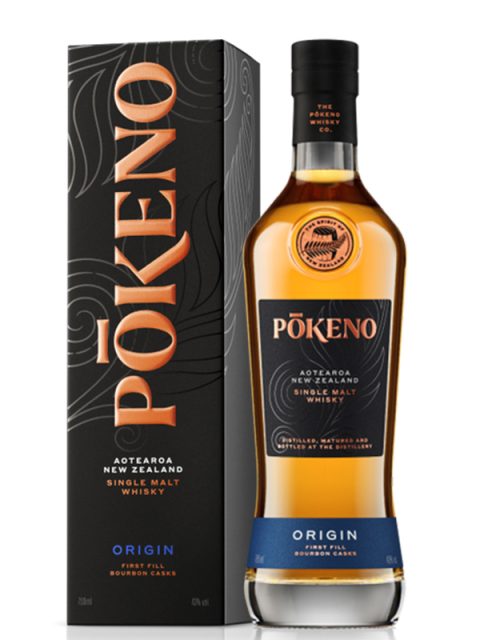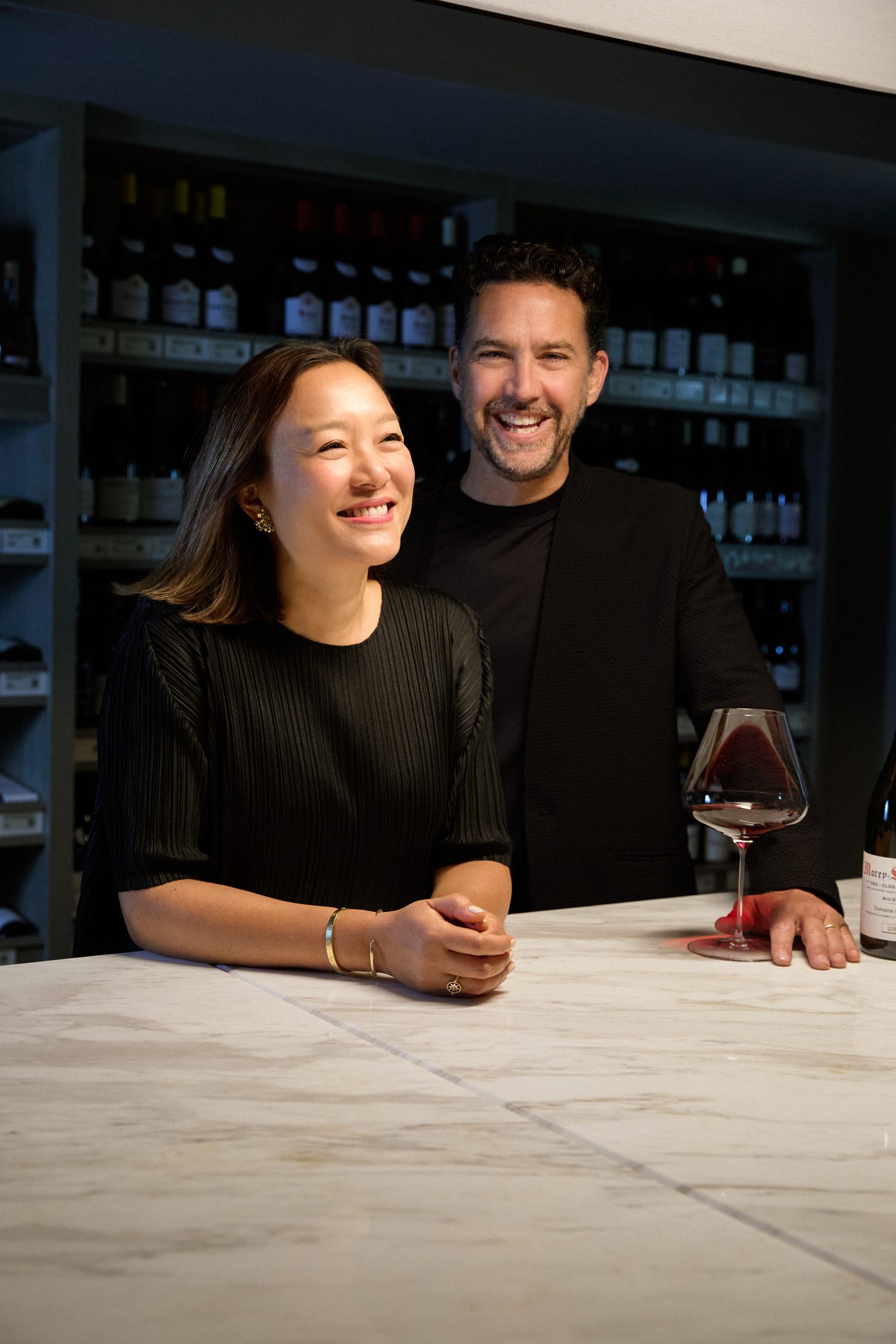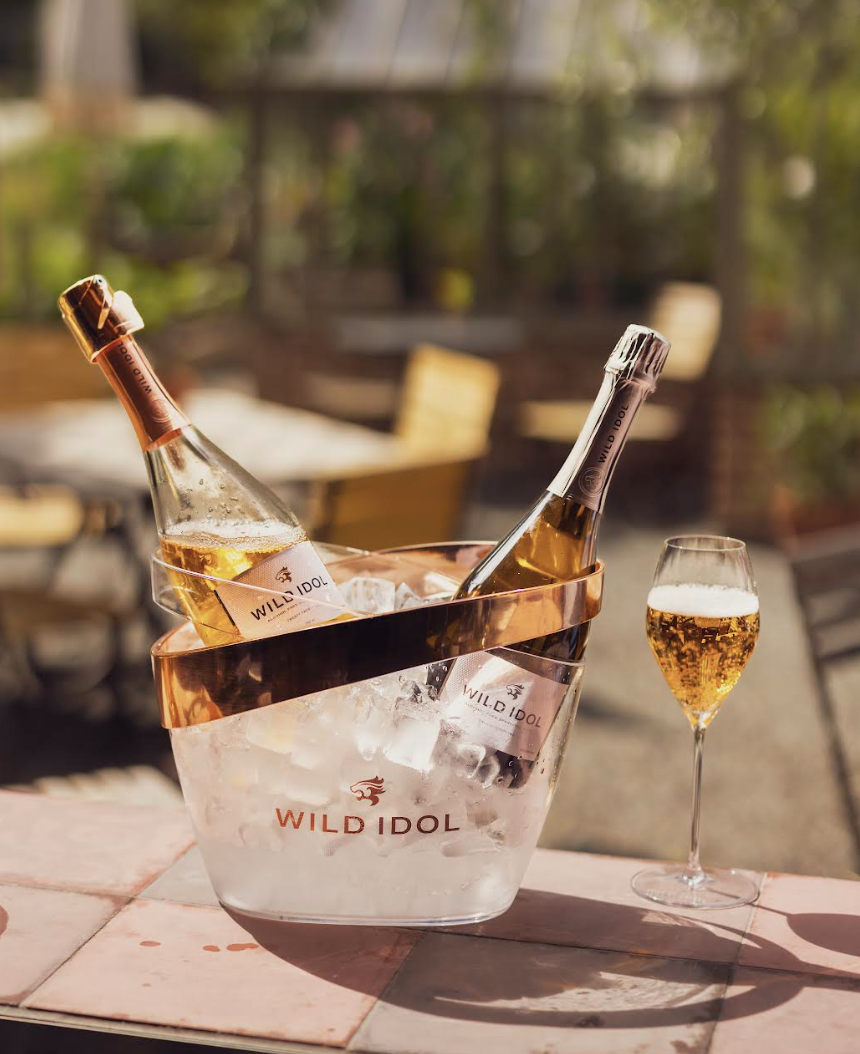New Zealand whisky taps into new drinkers in Asian markets
Pōkeno Whisky has launched what it believes to be the first single malt matured in barrels made from native New Zealand wood, tapping into new drinkers in Asian markets for its “new world” whisky.

Pōkeno Whisky has release 1,800 bottles across nine international markets, including China, Hong Kong, Singapore and Taiwan.
Founder Matt Johns told Food Navigator Asia that Pōkeno plans to launch in a different international market every month.
He cited Taiwan’s Kavalan and Amrut from India as brands gaining popularity among consumers, from which he took inspiration.
He argued that innovation is more challenging for ‘old world’, traditional distilleries due to their potential large volumes and longer ageing times.
The maturing rate of whiskies in sub-tropical climates is five times faster than the colder climates of Scotland and Ireland, he argued, due to the higher temperatures and increased humidity.
Partner Content
“We kept the product in virgin Totara cask for six months, and it soaked up very smooth and powerful flavours after a short time. Leaving it in for much longer than for 10 or 12 years is not possible as it’ll evaporate,” Johns said.
Founded in September 2022, Pōkeno Whisky is a single malt producer using native ingredients from New Zealand, including native Totara wood.
Pōkeno is not the first brand to use sub-tropical climates to shorten the ageing time of its whisky. Brass Lion Distillery has launched a whisky distilled, barrelled and aged in Singapore and fermented at the island’s local ambient temperature.
Brass Lion Distillery worked with The General Brewing Co. to tailor-make a wash that would accommodate Singapore’s high humidity and equatorial climate.
Maris Otter malt was selected, and thermotolerant yeast was used during fermentation to withstand the local ambient temperature. Read more about that story here.
Related news
UK-Indian free trade deal: who are the winners in whisky?
Distillers on edge as Trump prepares to unveil UK trade deal




